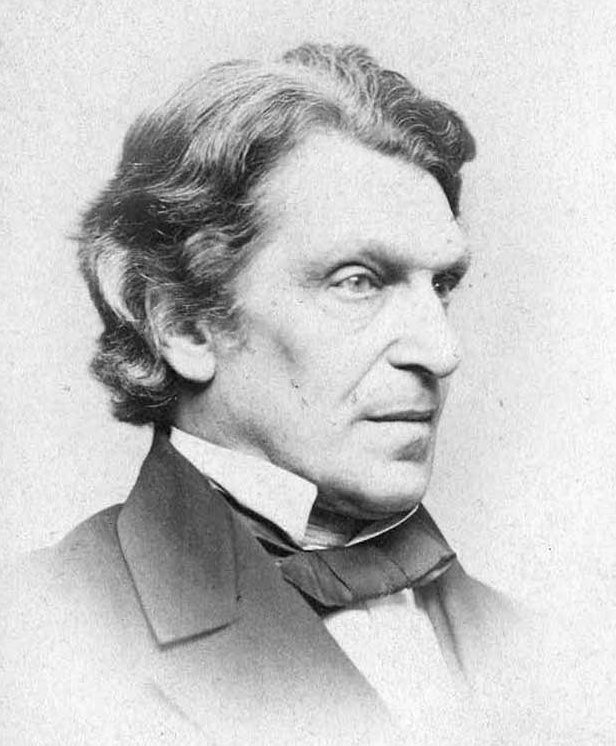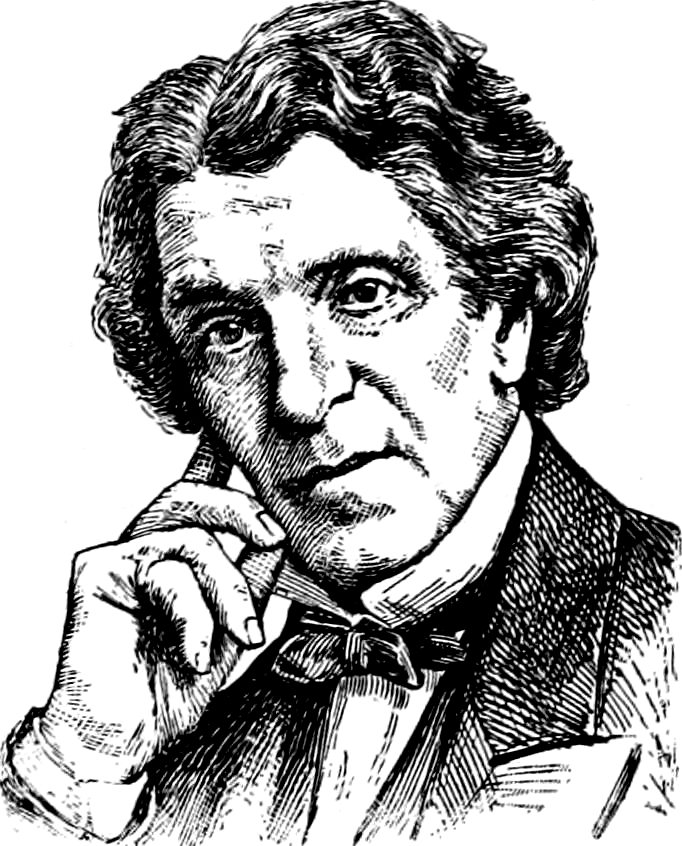Podcast: Play in new window | Download
Subscribe: Spotify | Email | RSS
In this episode I present and offer a few comments on a discussion of the prologue to the fourth gospel by a very learned English unitarian Christian who died in 1900, the pastor and philosopher James Martineau.
This is a portion of his chapter “The Proposition ‘That Christ is God,’ Proved to be False from the Jewish and the Christian Scriptures”.
Martineau writes in a dense, learned, 19th century style, but I think his discussion abounds with important insights about rightly interpreting this text. About personification, he observes:
Indeed the distinction between a mere personification and a positive mythological personage is very faint. When a writer personifies an abstraction, for the moment he conceives of this object of thought as a person; and were this state of mind perpetuated, he would believe it to be a person. But his mental attitude changes; and in a less excited hour, that which bad constructed and painted itself almost into a being, fades away again into an attribute. Hence the fluctuation of writers, at once imaginative and speculative, like Philo and some of the early Christian Fathers, between the logical and the mythical method of speaking of the properties of the Divine nature. And it may be remarked, that the Apostle John partook, though in a very slight degree, of the same tendency.

Martineau’s topics in this portion of his lecture include:
- how the passage misfits any Trinity theory
- why John writes “and the Word was God”
- the relevance of earlier writings that mention God’s “Word” (Greek: logos)
- an analogy with the English term “genius”
- John’s love of abstractions
- the literary device of personification in English and in other languages, and how languages differ in how this device is used – and how this is relevant to John 1
- why, against some recent unitarians, it is not right to refuse to use personal pronouns in translating this passage, insisting on referring to God’s logos as “it”
- how some of points are confirmed by the comments of a leading trinitarian commenter on John in his day
- How, strictly speaking, Jesus is not mentioned in this text until John 1:14.
- Why John 1:12 sounds like it’s talking about the man Jesus.
As usual when I present historical works, I substitute a word here and there so as to make the material understandable (more or less!) by an educated person in our day. If you want to read this whole chapter, there is a pdf of it linked below.
German-speaking listeners; please forgive my pronunciation of German words in this episode!
Do you find Martineau’s reading of the prologue persuasive? Why or why not?
Links for this episode:

- James Martineau
- Unitarianism Defended: A Series of Lectures (1839)
- This lecture: “The Proposition ‘That Christ is God,’ Proved to be False from the Jewish and the Christian Scriptures”
- The Unfinished Business of the Reformation – trinities 189
- Philo of Alexandria
- Gottfried Christian Friedrich Lücke (German)
- Commentar über die Schriften des Evangelisten Johannes (4 vols., 1820–1832)
- This week’s thinking music is “The Candle” by Loyalty Freak Music.


Dr. Tuggy:
I’ve been working my way through your podcast catalog since I saw you referenced on Randal Rauser’s blog a year or so ago. Speaking as someone who has been an “agnostic/deist” for the last decade (prior to that I was a hard-bitten atheist) I find that the sort of faith you and your guests present is refreshingly free of recited creeds, official confessions and mandatory doctrines.
I do have a couple of issues which I am hoping that you will either discuss in future or that you can point me to in blog posts/podcasts that I have not yet gotten to.
Given the importance with which both trinitarians and unitarians rightfully assign to knowing who Jesus is and knowing the nature of his relationship to Yahweh, why do you think God has permitted so many churches, and so many believers, to get it so thoroughly wrong, for so many centuries?
I’ve participated in several on-line discussions about the “hard passages” of the Old Testament in which Yahweh commands acts of brutality approaching genocide. One of the most common explanations resorted to by Christian apologists is that what was done in the OT is somehow overriden or made good by the arrival of Jesus on earth. The giveaway phrase for this view is some version of “you have to read the OT in the light of Jesus’ love and wisdom.”
Now, it seems to me that is a sort of neo-Marcionism, and further, it seems if one takes the conventional view of Jesus as coequal/coeternal with Yahweh, then it stands to reason that Jesus was there and was in harmony with Yahweh when all those bloody deeds of the OT took place. Have you or any other biblical unitarians written on this or debated any trinitarians on the issue?
Cordially,
Vicq Ruiz
Comments are closed.